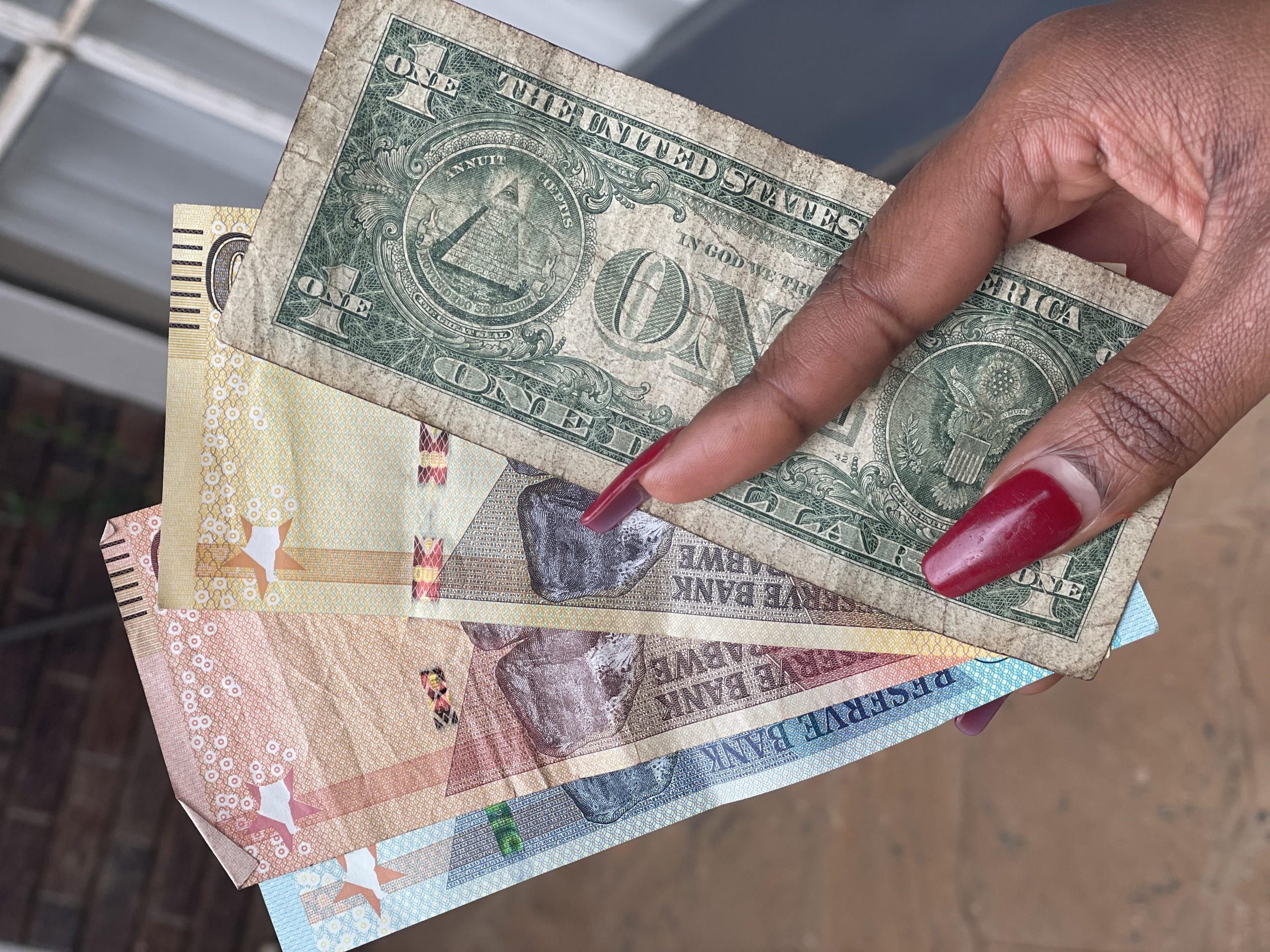By ETimes
Zimbabwe’s economy is being hindered by illicit financial flows, which also encourage corruption and benefit members of the elite at the expense of the general populace, a legal think tank said.
Of late, the Maverick Citizen, whose expose on the “Cartel Power Dynamics in Zimbabwe” went viral, shook the political and economic players in the country.
The Maverick Citizen’s report estimated that Zimbabwe could be losing up to US$5 billion annually due to corruption related dealings involving these cartels. This is happening at a time when the country’s economy is at its knees, desperately in need of an investment boost as millions live below the poverty threshold line.
In its latest publication, Economic Governance Watch, Veritas said illegal money transfers coming from Zimbabwe are being done for political and economic motives.
“Zimbabwe’s public institutions are poorly governed and opaque, despite the Freedom of Information Act. Both these features – poor governance and opacity – encourage misappropriation and illicit financial flows.
“Patronage politics, whereby powerful politicians use State resources to reward individuals and groups for their support, is widespread in Zimbabwe and the boundaries between government and ruling party are blurred; again, both these features encourage illicit financial flows.
“Frequent cabinet reshuffles and demotions have promoted factionalism within the ruling party, leading party members to seek outside resources to fund their political activities, resulting in further illicit financial flows,” said Veritas.
In 28 of the last 57 years, Veritas said there have been sanctions against Zimbabwe in some capacity.
“The need to avoid sanctions has driven businesses and individuals to find informal means of accessing finance and to become adept in moving funds through informal networks rather than financial institutions which might enforce sanctions,” it said.
“Furthermore, the government’s monetary policies and tight control over foreign exchange, as well as perennially high rates of inflation, have encouraged businesses and individuals to keep foreign currency earnings outside the country and to avoid domestic lending or ownership.”

Unfavorable surrender rules have also reduced the amount of foreign money available in banks. The inflow of remittances through unofficial routes and the allocation process increase the imbalance between the supply and demand of foreign currency.
These factors work together to support the operation of the alternative foreign exchange market, which uses a different exchange rate.
“Shortage of foreign currency within the country has encouraged a flourishing black market where foreign currencies can be bought at premium rates,” Veritas said.
“Differences between the black-market rates of exchange and the official rates have encouraged arbitrage, whereby well-connected members of the élite buy foreign currency from the Reserve Bank at the official rate, sell it for local currency on the black market, and use the resulting profit to buy more foreign currency from the Reserve Bank—resulting in an endless cycle of illicit financial flows.”
Veritas added: “The flows can be curbed, but it may be doubted if the government has the courage and political will to do so—its efforts to date have not had much success.” – Harare



